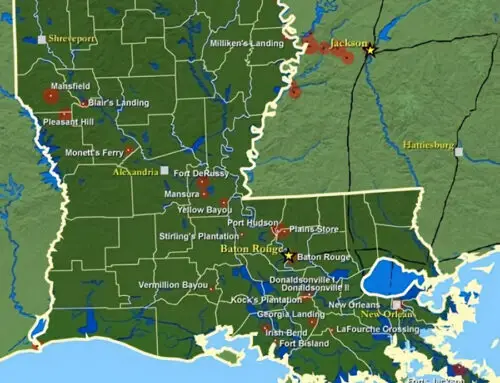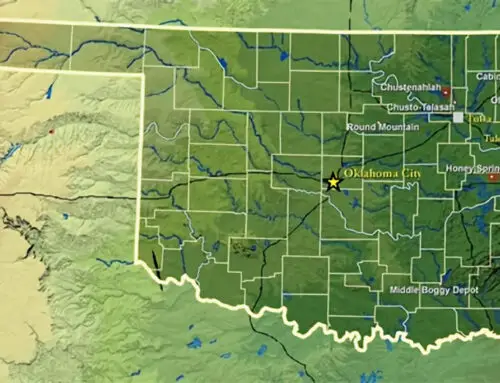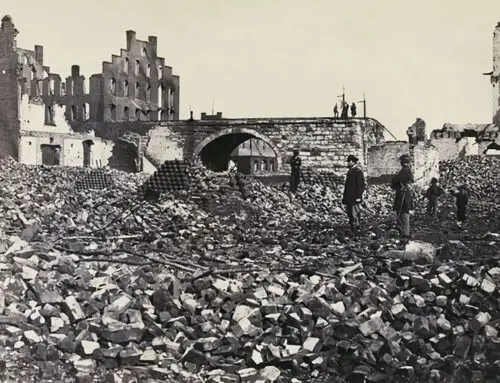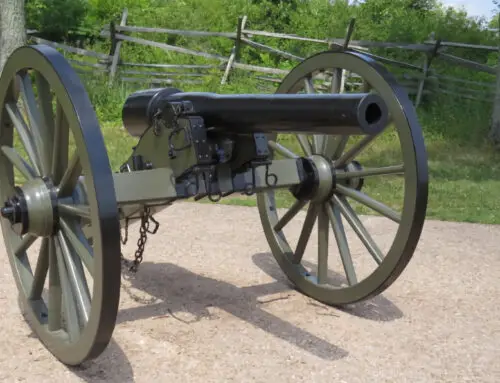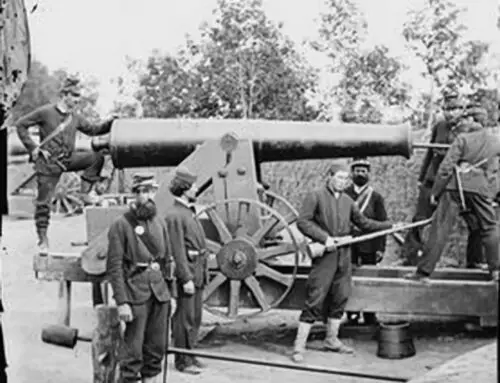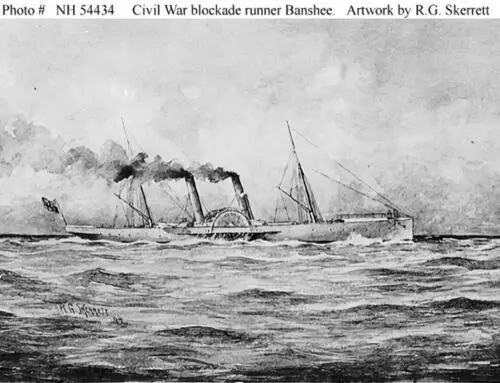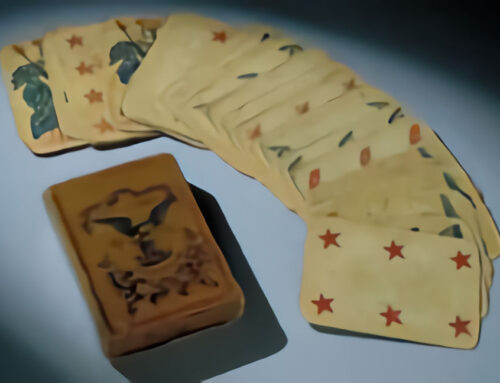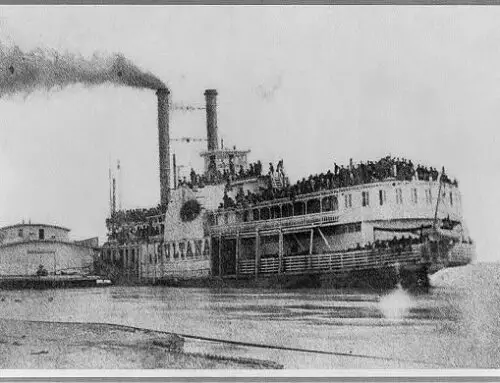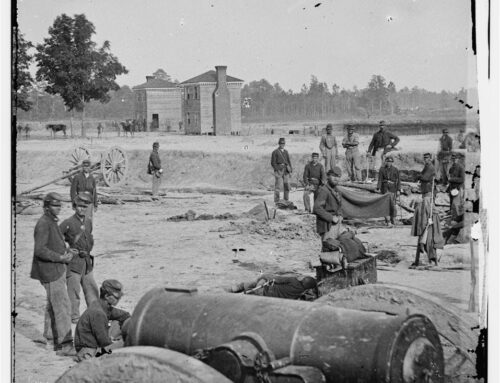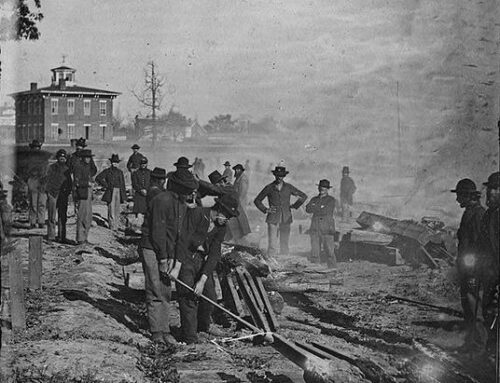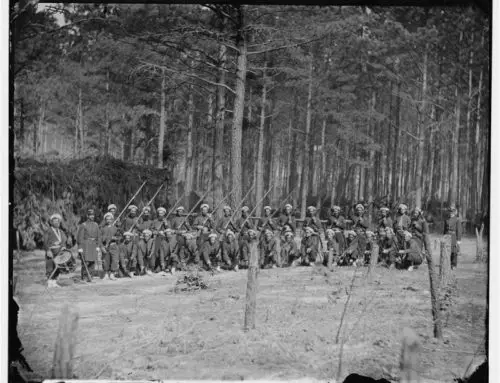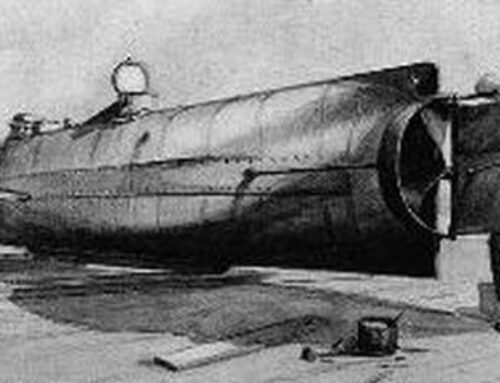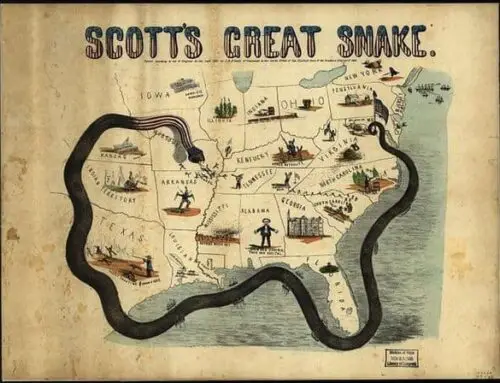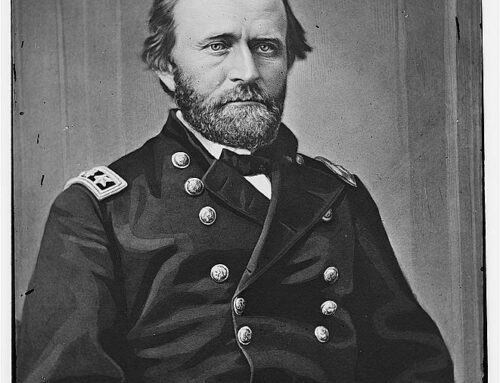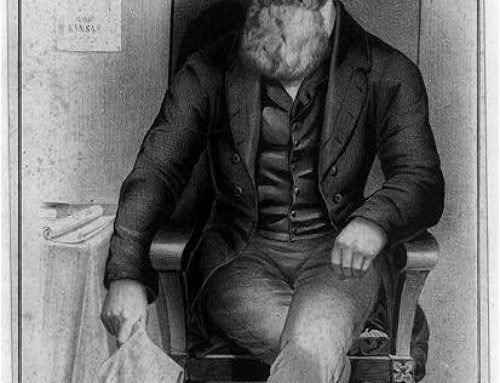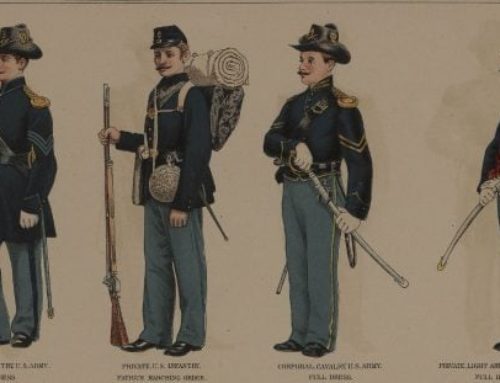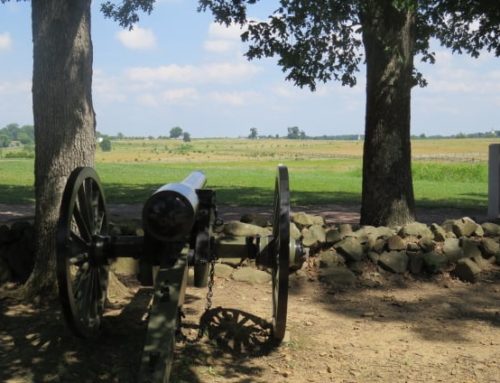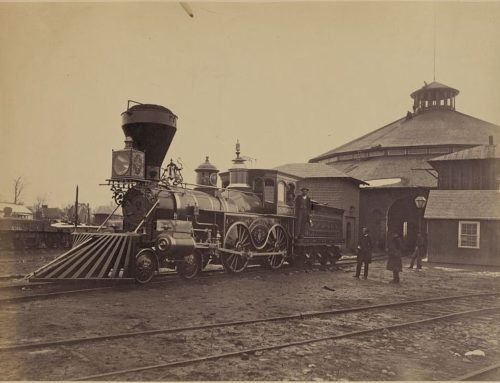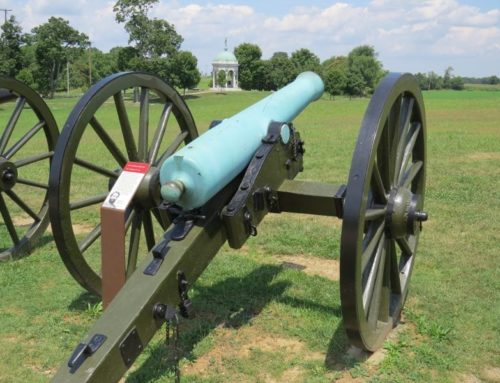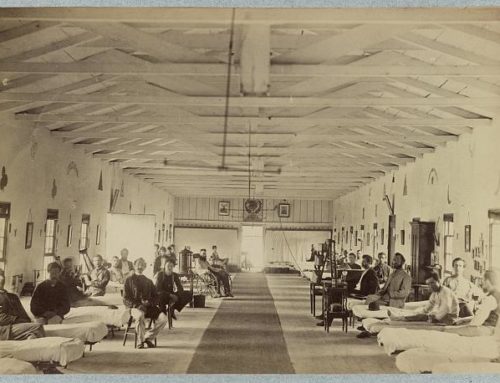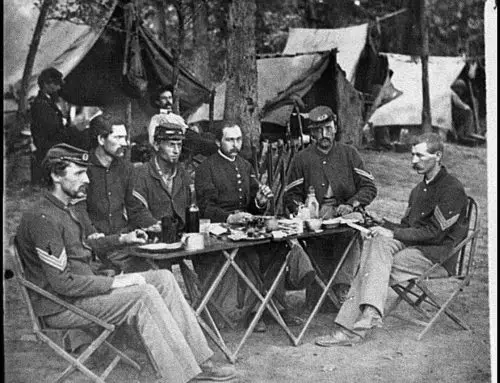(1824-1893)
Kirby Smith was the last of the ‘full” generals to die. His life was a look into what it was like to be the prototypical general in the Civil War. Friends would refer to him as “Seminole”, partly because of his Floridian roots and partly because he was in The Indian Wars.
Either way the intelligent leader would find both fame and loss in the war and would go down in history as the Confederate general that stopped the invasion of Texas by the Union army. During The Red River Expedition, General Smith defeated not one but both of the converging armies under the union colors. He was the savior of Texas.
Born in the oldest city in the Confederacy, St. Augustine, Florida, Smith was accustomed to the heat and sun of the deepest South. This assisted him when he would find himself fighting off the Mexicans under Santa Anna in The Mexican War. After fighting the Indians and Mexicans, Smith resigned from the US army after Texas seceded from the Union.
The line was drawn in the sand and the fighting would be soon at hand. His first Civil War assignment was under the watchful and competent eye of General Johnston in Shenandoah as an inventory leader.
This was great practice for General Smith as soon he would find himself as the highest ranking commander overseeing the largest Confederate territory of the war. During General Braxton Bragg’s invasion of Kentucky, Smith led the army that sacked Lexington and occupied the “Bluegrass” capital.
In 1863, he was given the reigns of the Trans-Mississippi Army, an immense largely unsettled are of the states of Texas, Arkansas, and Louisiana. After General Grant took Vicksburg Smith was cut off from the rest of the Southern states and virtually left on his own, commanding the entire are.
This was no simple task since there was little industry or commerce in the vast prairies of the western front. The tri-state area became known as “Kirby Smithdom”. Alone and feeling a little Napoleon-like, the feisty general would set down a mandate for orderly lifestyles that would bring numerous challenges form the residents.
After the loss at Vicksburg and the following separation from the Confederacy, Kirby Smith was left to run a small country and fight a war. The many problems facing Smith at this time in the war were numerous and awful to bear. No supplies, little in the way of communications with his commanders in Richmond, Smith was a man on an island.
He tried valiantly to get his men across the Mississippi and back into the battles of the Civil war but the Union had complete control, of the river and stopped his every attempt.
Smith was left to his own devises even by the neighboring Union militias that thought nothing about Smith and his lost western area. The Union made the mistake of discounting Smith during the ill-advised Red River Campaign as Smith showed them what he was all about. Defeating both armies of the Union, he sealed the isolation of Texas for the rest of the war.
Things were quiet in the western theater and stayed that way until the surrender of the Confederate forces at Appomattox.


